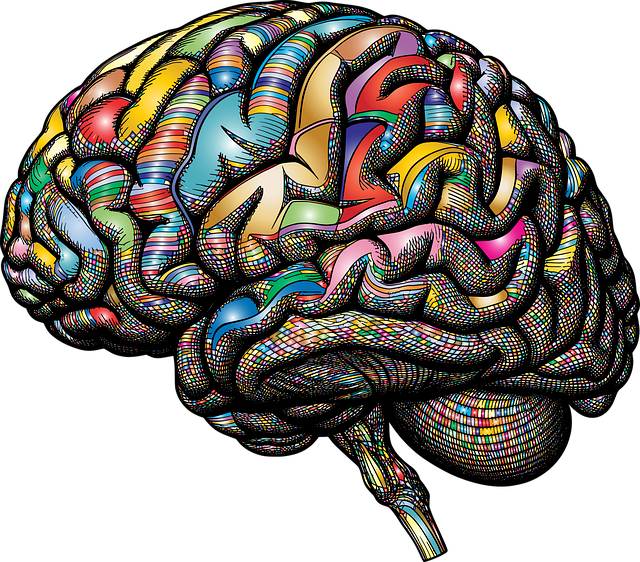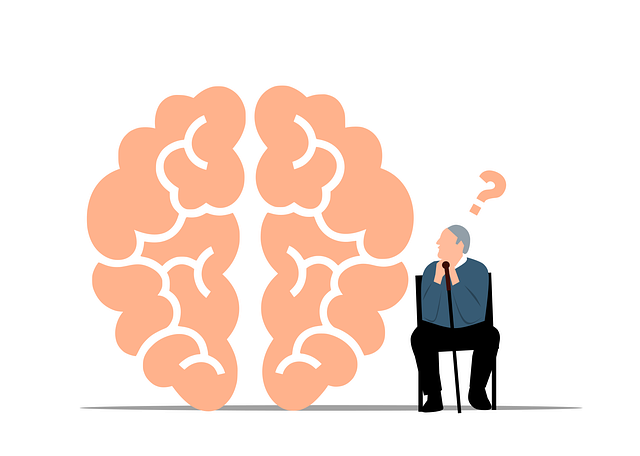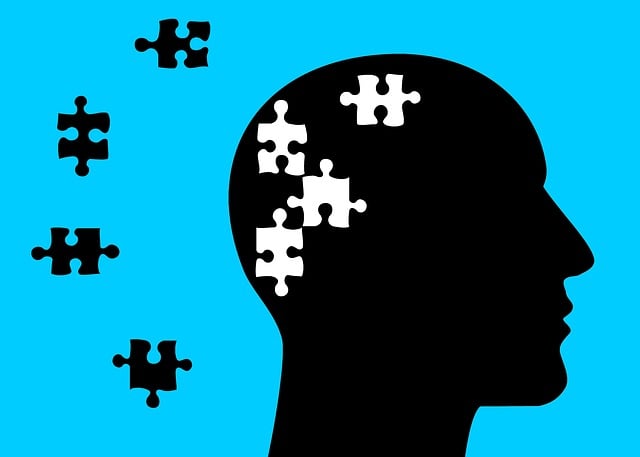Anxiety disorders, affecting all demographics, cause significant distress through various symptoms like restlessness and physical tension. Types include Generalized Anxiety Disorder, panic disorder, and phobias. Denver Eating Disorders Therapy offers effective management through Cognitive Behavioral Therapy (CBT), mindfulness meditation, lifestyle changes, and holistic practices. Their multifaceted approach combines evidence-based therapies with cultural sensitivity, empowering clients to overcome anxiety for improved well-being, tailored to individual needs.
Anxiety disorders are a common mental health challenge, affecting millions worldwide. This comprehensive guide explores effective anxiety management techniques. We delve into understanding various symptoms and types of anxiety, highlighting the transformative power of Cognitive Behavioral Therapy (CBT). Additionally, discover mindfulness practices, lifestyle adjustments for improved well-being, and the crucial role of professional support from experts like Denver Eating Disorders Therapy in navigating anxiety journeys.
- Understanding Anxiety Disorders: Symptoms and Types
- Cognitive Behavioral Therapy (CBT): A Powerful Tool
- Mindfulness and Meditation Techniques for Calming Anxiety
- Lifestyle Changes for Better Mental Health
- Seeking Support: Professional Help and Self-Care Strategies at Denver Eating Disorders Therapy
Understanding Anxiety Disorders: Symptoms and Types

Anxiety disorders are a prevalent mental health concern affecting individuals from all walks of life. Understanding anxiety involves recognizing its various symptoms and types, as it manifests differently in each person. Common signs include excessive worry, restlessness, difficulty concentrating, irritability, and physical sensations like increased heart rate or insomnia. These symptoms can range from mild to debilitating, impacting daily functioning and overall quality of life.
There are several types of anxiety disorders, such as generalized anxiety disorder (GAD), panic disorder, social anxiety disorder, and specific phobias. GAD is characterized by persistent and excessive worry about everyday matters, while panic disorder involves recurrent and unexpected panic attacks. Social anxiety disorder triggers intense fear in social situations, often leading to avoidance behaviors. Recognizing these patterns and seeking support from a healthcare provider, especially those with cultural competency training, can be transformative. Denver Eating Disorders Therapy, for instance, offers specialized services to address not only eating disorders but also the underlying anxiety that may contribute to them. Building resilience through effective coping strategies, coupled with developing a nurturing self-care routine, is crucial in managing and overcoming these challenges.
Cognitive Behavioral Therapy (CBT): A Powerful Tool

Cognitive Behavioral Therapy (CBT) is a powerful tool in anxiety management, offering individuals effective strategies to challenge and change negative thought patterns and behaviors. This evidence-based approach focuses on identifying and modifying distorted thinking that contributes to feelings of anxiety and worry. By learning to recognize these cognitive distortions, individuals can gain a deeper understanding of their thoughts, emotions, and behaviors, leading to more balanced and realistic perspectives.
In the context of Denver eating disorders therapy, CBT is particularly valuable for addressing co-occurring anxiety. Through structured sessions, clients develop coping mechanisms tailored to their unique needs. Mental health education programs design activities that foster empathy building strategies, empowering individuals to manage anxiety symptoms in various settings. Moreover, by integrating CBT with other therapeutic modalities, therapists can effectively target underlying causes of anxiety and promote long-term recovery, helping individuals reclaim control over their lives and achieve lasting well-being.
Mindfulness and Meditation Techniques for Calming Anxiety

Mindfulness and meditation have emerged as powerful tools in the arsenal against anxiety. These practices encourage individuals to focus on the present moment, observing their thoughts and feelings without judgment. By cultivating a non-reactive mindset, one can disrupt the anxious cycle that often spirals from past trauma or future worries.
In Denver Eating Disorders Therapy, professionals often integrate mindfulness techniques into treatments for anxiety disorders. Simple meditation exercises, such as deep breathing or body scans, help individuals become more attuned to their physical sensations and emotional states. This heightened awareness allows them to recognize early signs of anxiety and respond with calming strategies, ultimately fostering better stress management and self-care routine development for improved mental health. Conflict resolution techniques can also be integrated into this process, teaching individuals how to address triggers and challenging negative thought patterns more effectively.
Lifestyle Changes for Better Mental Health

In navigating anxiety management, lifestyle changes play a pivotal role in fostering better mental health. Individuals in Denver seeking support for eating disorders can greatly benefit from integrating holistic practices into their routines. Beyond traditional therapy, such as Crisis Intervention Guidance and Communication Strategies, adopting healthier habits can significantly impact overall well-being. Simple adjustments like regular exercise, balanced nutrition, and adequate sleep can reduce anxiety symptoms and improve resilience. These lifestyle changes not only provide tools for managing anxiety but also enhance the effectiveness of therapy sessions.
Empathy Building Strategies are essential in creating supportive environments that encourage positive lifestyle shifts. By fostering understanding and connection, individuals struggling with eating disorders can feel more comfortable adopting healthier behaviors. This supportive network, combined with effective therapy techniques, empowers individuals to make lasting changes, leading to improved mental health outcomes.
Seeking Support: Professional Help and Self-Care Strategies at Denver Eating Disorders Therapy

At Denver Eating Disorders Therapy, we recognize that anxiety management is a multifaceted journey, and seeking support is a courageous step towards healing. Our team of experienced professionals offers comprehensive care tailored to individual needs. We understand that everyone’s experience with anxiety is unique, so our approach combines evidence-based therapies with a deep emphasis on cultural sensitivity in mental healthcare practice. This ensures that every client feels seen and heard, fostering an environment where they can explore and overcome their anxieties.
In addition to professional help, we empower individuals with valuable self-care strategies. By integrating Crisis Intervention Guidance and promoting Mental Wellness, our clients gain practical tools to manage anxiety symptoms on a daily basis. We believe in a holistic approach that addresses the mind, body, and spirit, enabling individuals to lead fulfilling lives free from the burden of excessive worry and fear.
Anxiety management is a journey that requires understanding, tools, and support. By recognizing symptoms and exploring various techniques like CBT, mindfulness, lifestyle adjustments, and professional help from Denver Eating Disorders Therapy, individuals can effectively navigate and overcome anxiety disorders. Combining these strategies allows for holistic healing, empowering folks to live more balanced and fulfilling lives.














